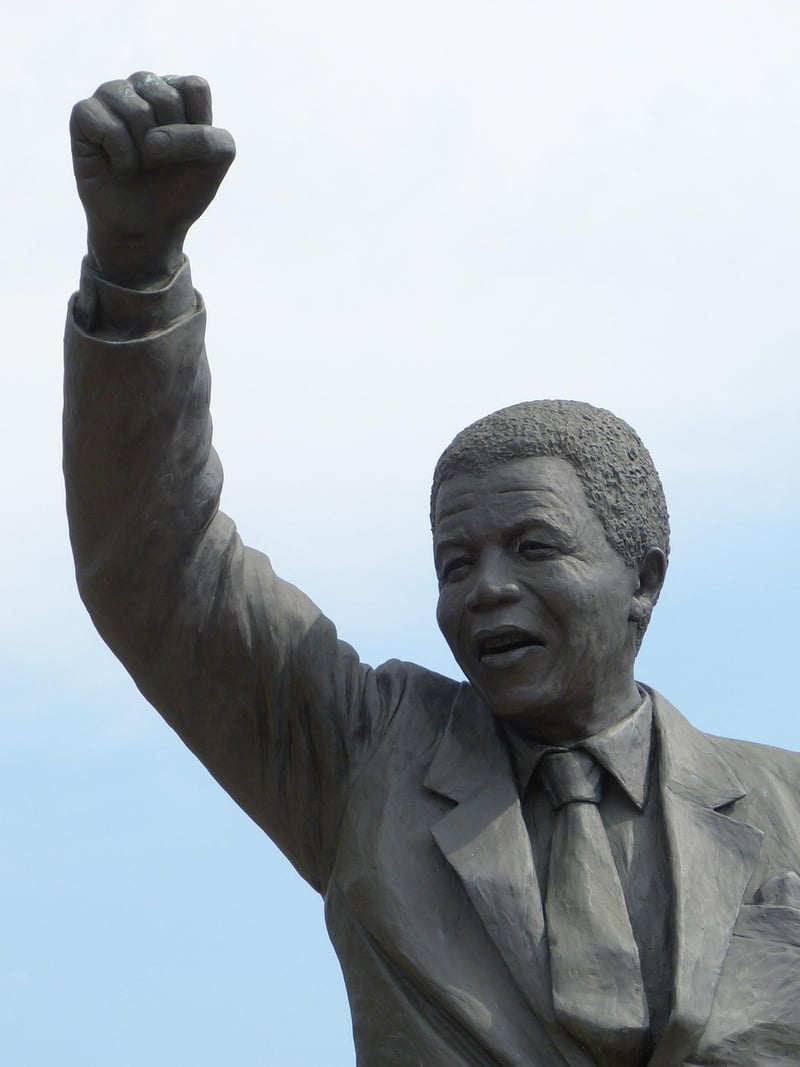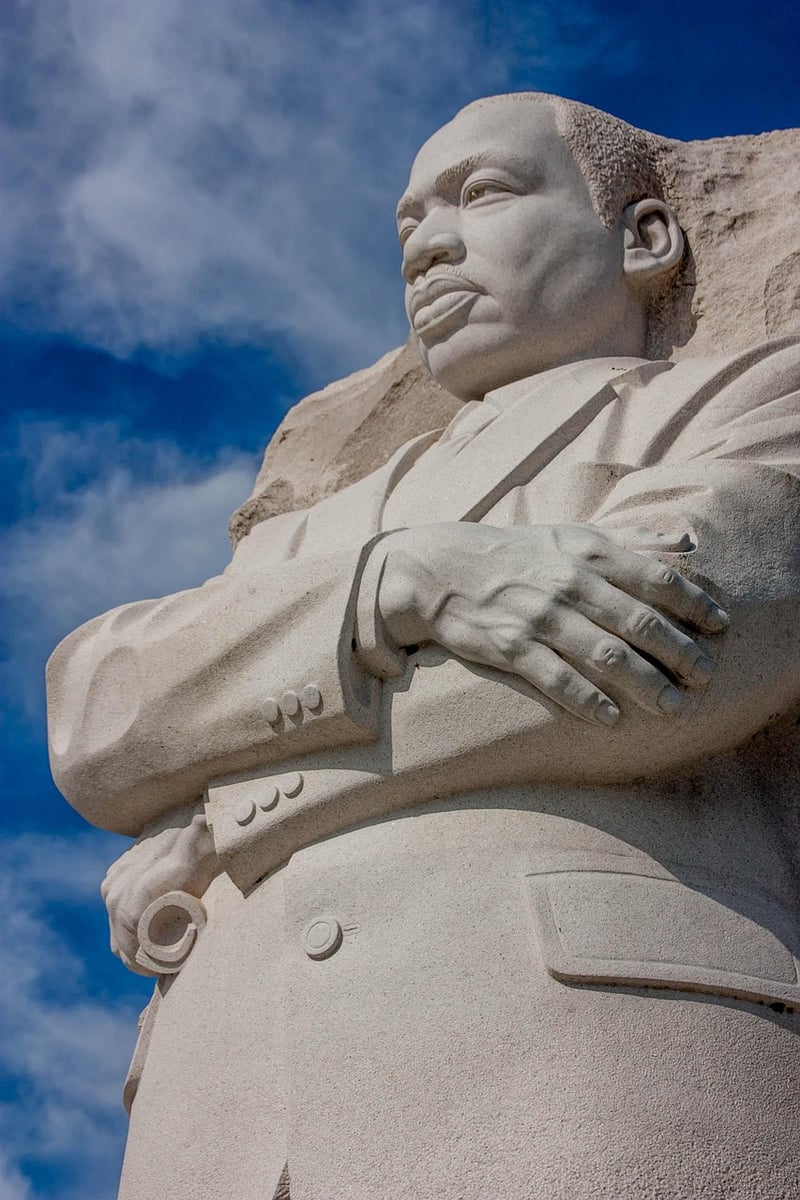Changing History
The Impact of Moral Considerations on Changing History
Throughout history, moral considerations have played a significant role in shaping the course of events and influencing the direction of societies. From individual decisions to large-scale movements, ethical values have the power to change history in profound ways.
Individual Actions
At the core of historical change are the actions of individuals who choose to uphold moral principles even in the face of adversity. Figures like Mahatma Gandhi, Nelson Mandela, and Rosa Parks exemplify how personal integrity and a commitment to justice can spark movements that challenge oppressive systems and bring about lasting change.

Collective Movements
Beyond individual actions, collective movements driven by moral considerations have transformed societies and altered the course of history. The Civil Rights Movement in the United States, the abolition of slavery, and the fight for gender equality are all examples of how shared values of justice and equality can lead to significant social progress.

Global Impact
In an increasingly interconnected world, moral considerations have the power to transcend borders and shape global events. Issues like climate change, human rights abuses, and global inequality require collective action based on ethical principles to bring about meaningful change on a global scale.
Conclusion
As history has shown time and again, moral considerations are not just abstract ideals but driving forces that have the potential to change the world. Whether through individual actions or collective movements, upholding ethical values is essential in shaping a more just and equitable future for all.
References: History.com - Civil Rights Movement, History.com - Nelson Mandela
